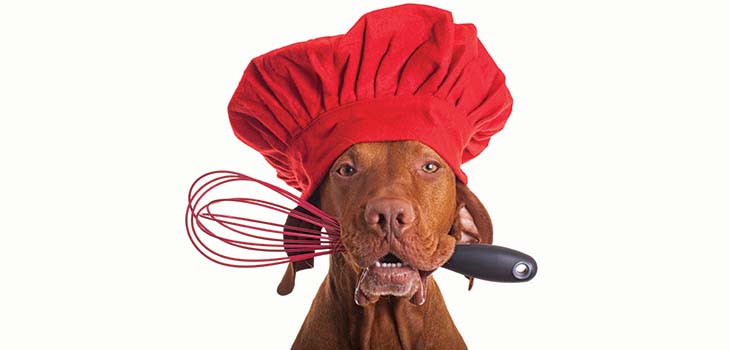
- A recent High Court case, in which an expert witness was found to have shared a draft joint statement with counsel and asked for their comments, is a reminder of the importance of avoiding outside influence on an expert witness’s opinion.
What happens if an expert’s draft joint statement after discussions with other experts is influenced by another party, such as a member of the legal team? The recent case of Pickett v Balkind [2022] EWHC 2226 (TCC) involved an expert witness who opened himself up to cross-examination at trial after it emerged in a pre-trial application that he had sent a draft of the joint statement to counsel, and had received comments back for consideration and inclusion in the final version.
What was the background?
The case was a first-instance decision in the Technology and Construction Court (TCC) of Judge Paul Matthews. The matter involved a tree subsidence claim, involving








